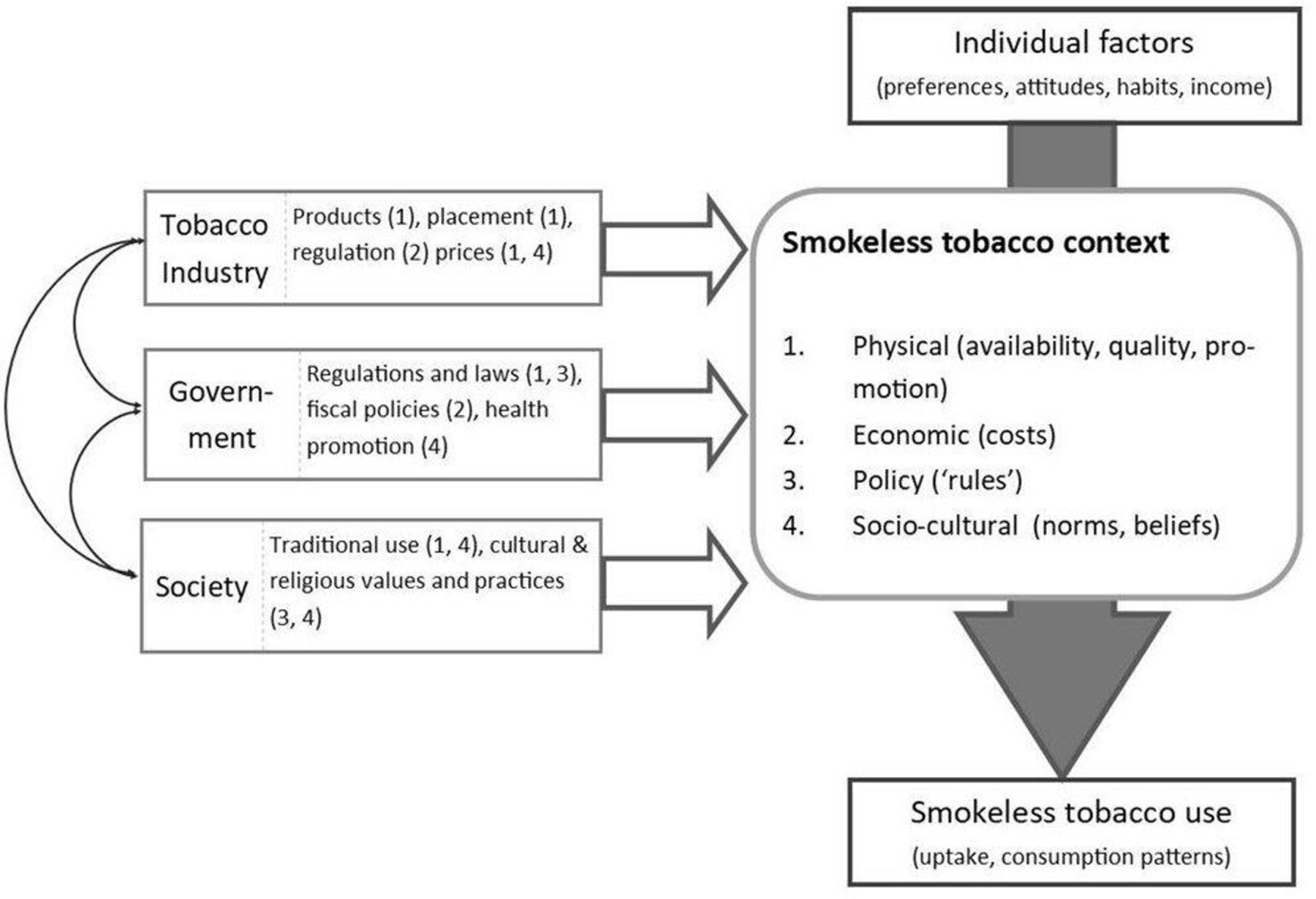A new report highlighting the benefits of
Tobacco Harm Reduction (THR)
is prompting renewed calls for Nigeria to adopt a more science-driven approach to tobacco control, as health experts warn that conventional strategies alone are not enough to curb tobacco-related deaths.
According to the recently released Lives Saved Report: Nigeria & Kenya, countries that adopt harm reduction approaches—offering smokers access to less harmful nicotine products—could save thousands of lives. For Nigeria, which still grapples with pockets of tobacco use despite a steady decline in smoking rates, THR could become a critical tool in reducing the country’s tobacco-related disease burden.
THR refers to a public health strategy that advocates switching from combustible tobacco products, like cigarettes, to less harmful alternatives such as nicotine pouches, heated tobacco products, and e-cigarettes. These alternatives eliminate the combustion process, which is responsible for releasing the vast majority of toxicants found in traditional cigarettes.
“Traditional tobacco control efforts like taxation, advertising bans, and public smoking restrictions have been useful, but they fall short in addressing the fact that many smokers simply can’t quit. Tobacco Harm Reduction gives us another tool to help adult smokers transition away from deadly cigarettes,” said Yussuff Adebayo, the Global Director for Research and Thought Leadership at Global Health Focus, an organisation that seeks to build critical thinkers and leaders in global health towards achieving health-related Sustainable Development Goals.
Despite growing global evidence supporting THR, the concept remains poorly understood in Nigeria. Many policymakers and health authorities continue to rely exclusively on the World Health Organisation’s MPOWER framework, which—critics say—fails to prioritise harm reduction. Although the WHO Framework Convention on Tobacco Control (FCTC) allows for harm reduction as a strategic approach, its exclusion from key global tools has stymied its uptake in countries like Nigeria.
The Lives Saved Report argues that Nigeria must develop a risk-proportionate regulatory framework—one that clearly distinguishes between combustible cigarettes and non-combustible nicotine alternatives. Without such a framework, the country risks missing a crucial opportunity to offer adult smokers safer pathways while still enforcing strong anti-smoking policies.
The report also highlights the importance of public awareness. Currently, many Nigerians are either unaware of or misinformed about alternatives like nicotine pouches and e-cigarettes. Misinformation, often fueled by fear-based campaigns, has left many believing these products are just as harmful—or worse—than cigarettes.
In contrast, countries like the United Kingdom, Sweden, and New Zealand have embraced THR policies, and have seen dramatic reductions in smoking prevalence and tobacco-related illness. Sweden, for instance, is on track to become the world’s first “smoke-free” country, thanks largely to widespread adoption of non-combustible nicotine products.
The report urges Nigerian institutions—particularly universities, research centers, and public health bodies—to take the lead in generating local data on THR. It also calls for the Ministry of Health and relevant agencies to include harm reduction in their tobacco control policies and frameworks.
Beyond regulation and research, the report emphasises the need for collaboration. Health professionals, NGOs, and community influencers must work together to combat misinformation and promote informed decision-making among smokers seeking to quit.
Nigeria’s economic reality further underscores the need for a balanced approach. Tobacco-related illnesses place a significant burden on the healthcare system, and THR could provide a cost-effective intervention. As the government continues to invest in universal health coverage, experts argue that THR could help reduce preventable hospital admissions and long-term treatment costs.
The Nigerian government has yet to formally adopt THR policies. Still, there are early signs of interest. Some private health institutions and advocacy groups have begun organising workshops and stakeholder engagements to introduce THR concepts to the broader public.
“Progress is slow, but there is momentum. We need to keep pushing for reforms based on science, not stigma,” Adebayo added.
As global tobacco control evolves, Nigeria stands at a crossroads. The evidence is clear: tobacco harm reduction can save lives. What remains to be seen is whether the country will seize the opportunity or let misinformation, regulatory inertia, and stigma hold back progress.
“The time to act is now,” the Lives Saved Report concludes. “With bold leadership and smart policy, Nigeria can chart a new path toward a smoke-free future—one built on compassion, science, and common sense.”
Provided by SyndiGate Media Inc. (
Syndigate.info
).







